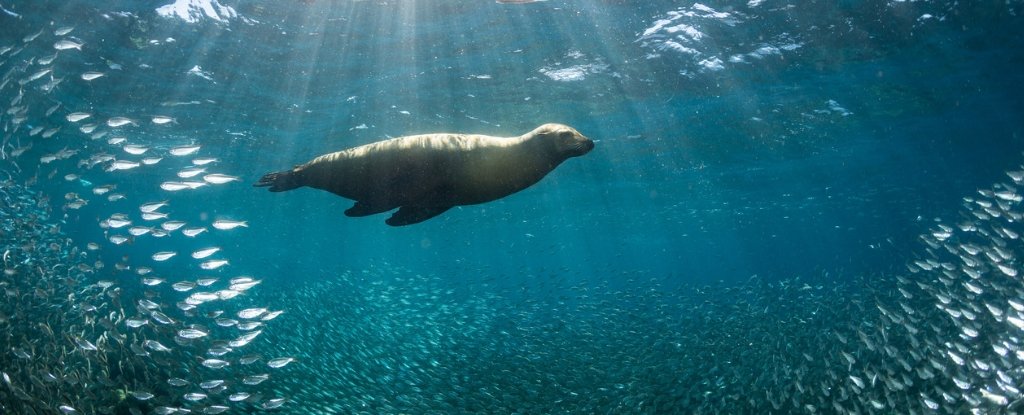
The resulting database, named BioShifts, is the first comprehensive analysis of its kind, and while the database is limited by our own, human research biases, the data we have certainly suggests marine species are following global thermal shifts much closer than land animals.
While land species definitely are moving closer to the poles as the planet heats up, this shift is "at a pace that is much slower than expected, especially in areas with warm climates," the authors write.
Relatively, that's a lot, but in the bigger picture, marine species were moving towards the poles at an average pace of nearly 6 kilometres per year, while land animals were only shifting upslope at a mean pace of nearly 1.8 metres per year (slightly faster than previous estimates for land species, but still comparatively slow).
"On land, habitat loss and fragmentation due to land use changes may impede the ability of terrestrial species to track shifting isotherms [lines on a map connection regions with the same temperature]," the authors write. .
"We suggest that commercial fishing may speed up the displacement of marine species distribution through resource depletion and population crashes at the trailing edge, whereas low constraints on dispersal in the oceans may allow marine species living close to their upper thermal limits to better track climate warming at the leading edge," the authors predict.
